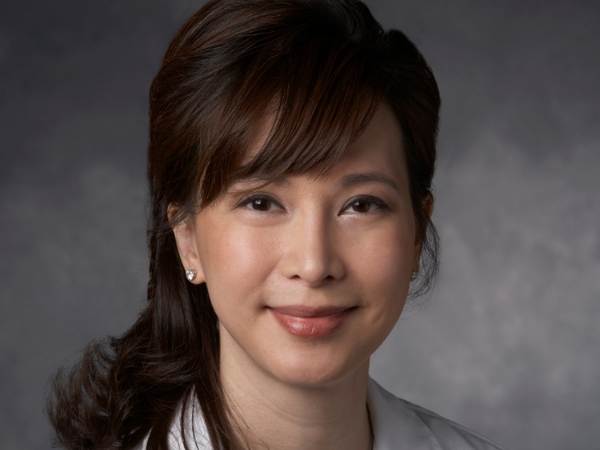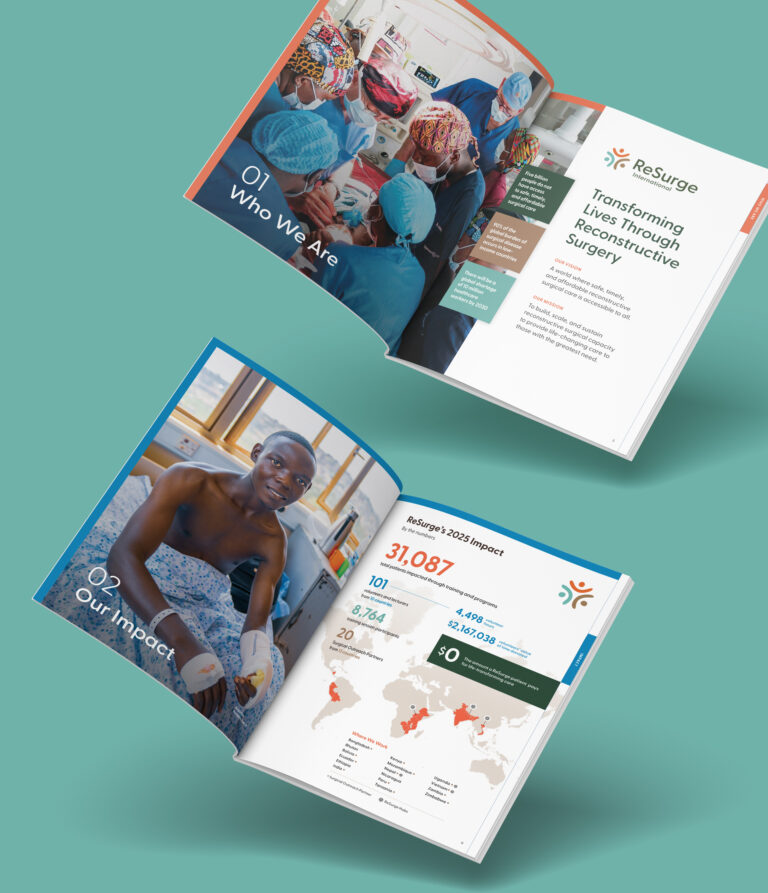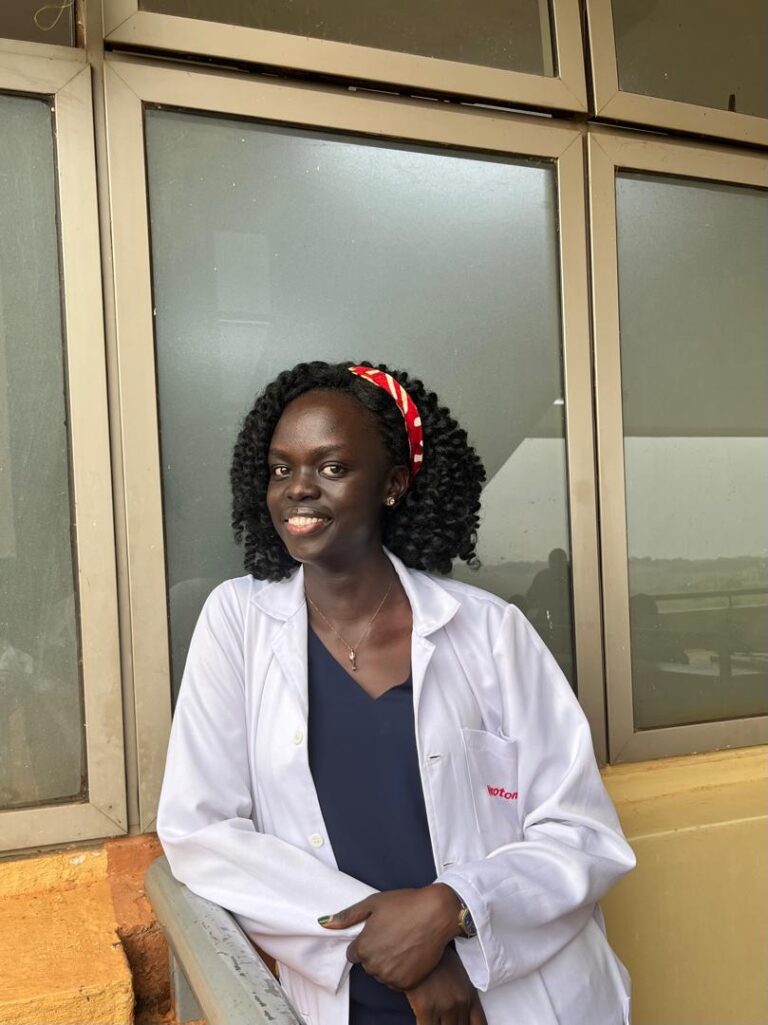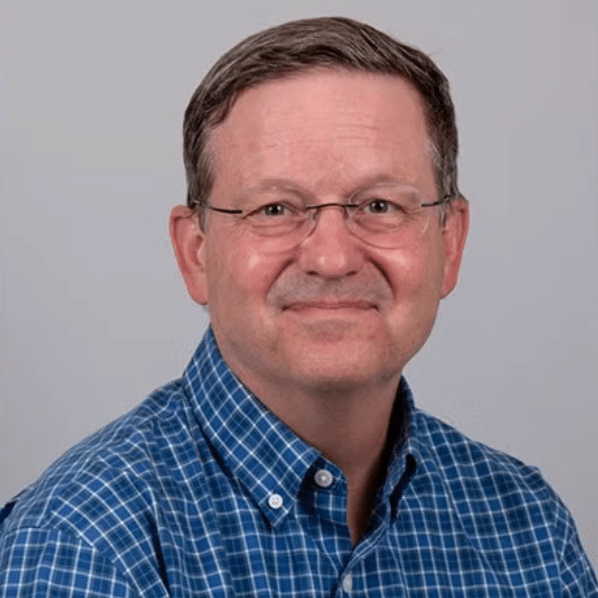When Dr. Dung Nguyen was growing up in Vietnam, she was very aware of the importance of access to healthcare. It was this understanding and her desire to help others that lead her to a career in medicine. After her residency and fellowship in reconstructive microsurgery, she learned about ReSurge International from Consulting Medical Officer, Dr. James Chang, and was given the opportunity to travel with ReSurge back to her home country of Vietnam. Since her first trip in 2014, she has provided excellent mentorship and support for our Vietnamese surgical partners, particularly in the area of breast reconstruction.
Dharshan Sivaraj, our ReSurge medical student volunteer, sat down with Dr. Nguyen to learn more about her perspectives on her work with ReSurge and on how to address the gender gap in surgical settings.
Could you tell us a little bit about why you decided to pursue training in plastic and reconstructive surgery?
My interest began when I was a medical student and had the opportunity to scrub in on some complex reconstructive cases. I witnessed how life-changing these surgeries were for patients. The ability to make a real difference is what motivated me to pursue reconstructive surgery as a specialty. I wanted to be able to perform these types of surgeries for patients both locally as well as internationally. Growing up in Vietnam, medical volunteerism was always an area of interest of mine. I was particularly struck by how the lack of surgical and medical care affected the people around me, including family members and neighbors. I wanted to have the opportunity to return to that environment and give back to the community.
Could you describe what your reconstructive microsurgery fellowship at Chang Gung Memorial Hospital in Taiwan was like?
It was an amazing experience! The hospital does over a thousand free flap reconstructions per year. For reference, at the time that I did my fellowship, the largest center in the United States did approximately five hundred free flaps a year. I was involved in the whole gamut of reconstructive surgery including head and neck, lower extremity trauma, upper extremity and peripheral nerve, as well as breast reconstruction. It was during this fellowship where I learned lymphedema surgery. I was involved with one of my mentors in helping to refine the techniques for lymphatic tissue transfer, which is one of the things I brought back to the United States when I completed my fellowship.
How did you get involved with ReSurge International and what was your first trip with the organization like?
I was introduced to ReSurge by Dr. James Chang at Stanford. When he told me about the organization, it sparked my interest from the very start. I started volunteering with ReSurge in 2014, which is when I went on my first trip to Hue, Vietnam. We traveled with a team consisting of one of my colleagues as well as a few residents. The experience was truly eye-opening for me. Number one, I was pleasantly surprised by how very organized the process was and how welcoming the receiving country was. Our goal was to teach local surgeons, but it was a learning experience for me as well, in that I was able to learn more about the culture and the people living there.
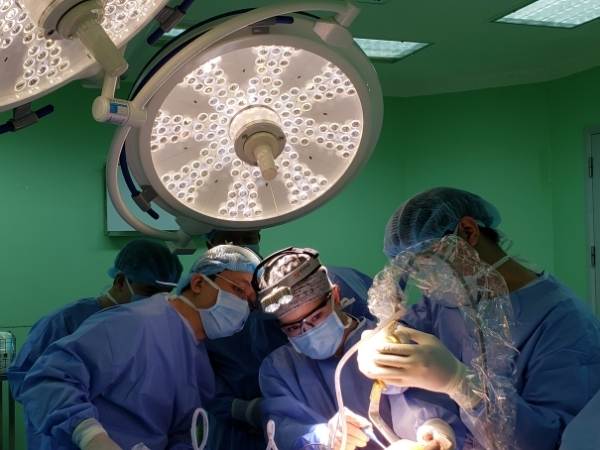
What was the focus of that first trip to Hue, Vietnam?
That first trip was focused on lower extremity and general reconstructive surgery. I was involved in assessing patients who had various types of injuries to their lower extremities and participated in case discussions as well as surgical planning. Seeing the immediate impact on patients who had been waiting for their surgery for such a long time was so heartwarming. That basically sealed the deal for me! I felt that I had made the right choice; global surgery was an area of medicine that I would continue to pursue.
What impact do you hope your work with ReSurge will have?
During my first trip to Vietnam, I learned that many women there currently do not receive breast reconstruction after mastectomy for cancer treatment. I had the opportunity to hear some very touching stories from patients who described how their life and self-esteem were affected because they did not have access to breast reconstruction. One young lady was considering calling off her wedding because she had not been able to receive reconstruction after her mastectomy. She was embarrassed by her appearance and did not think she was worthy of marriage. This was very heart-wrenching for me. I realized that this lack of access to breast reconstruction was partly due to inadequate access to care and partly due to the lack of local surgeons’ experience with breast reconstruction. This motivated me to want to come back to Vietnam the following year. I asked Dr. Chang for the opportunity to return to teach breast reconstruction. He said yes, and I began teaching implant-based breast reconstruction as well as microsurgical breast reconstruction to the local surgeons. It was gratifying for me to see them ultimately being able to successfully execute an implant-based reconstruction by the end of our visit. When I returned in subsequent trips, I was happy to see successful results of microsurgical free tissue breast reconstructions that the local surgeons were able to perform on their own. I have been very invested in this local surgical group in Hue, Vietnam, to help advance their breast reconstruction program. I am happy to say that they are extremely competent now. We continue to keep in touch, and they now serve as a main hub to disseminate education to surgeons in the surrounding regions. It has been transformative to witness the progress in their capabilities and expertise since my first trip in 2014.
The month of March is women’s history month. Do you have any advice for female medical trainees around the world interested in pursuing a career like yours?
One of the key missions of ReSurge is the Pioneering Women in Reconstructive Surgery (PWRS) program, which supports female reconstructive surgeons in underserved communities. There is currently a disparity in access to women surgeons, particularly for patients in low-income countries. Women in medicine are still a minority in many parts of the world and we should actively play a role in closing this gender disparity. My advice for young trainees is to get involved, stay active, be inquisitive, and reach out to mentors and colleagues. The only way for women to start to ‘tip the needle’ is to promote and provide opportunities for one another. I have served as a role model for many young female plastic surgeons and will be honored to continue to serve as a mentor for future trainees interested in pursuing a similar goal.
Finally, how would you characterize your overall experience being involved with ReSurge International?
Being involved with ReSurge International has been an extremely rewarding experience for me and it is hard to express it in words. I think the only way for others to feel this effect and impact is to be a part of it. I would encourage anyone who has the interest and time, to get involved with ReSurge. When a person participates in a ReSurge trip, they understand why it is so important and they see the value of the efforts that all the members of the organization put in. Overall, it has been an invaluable experience for me.

